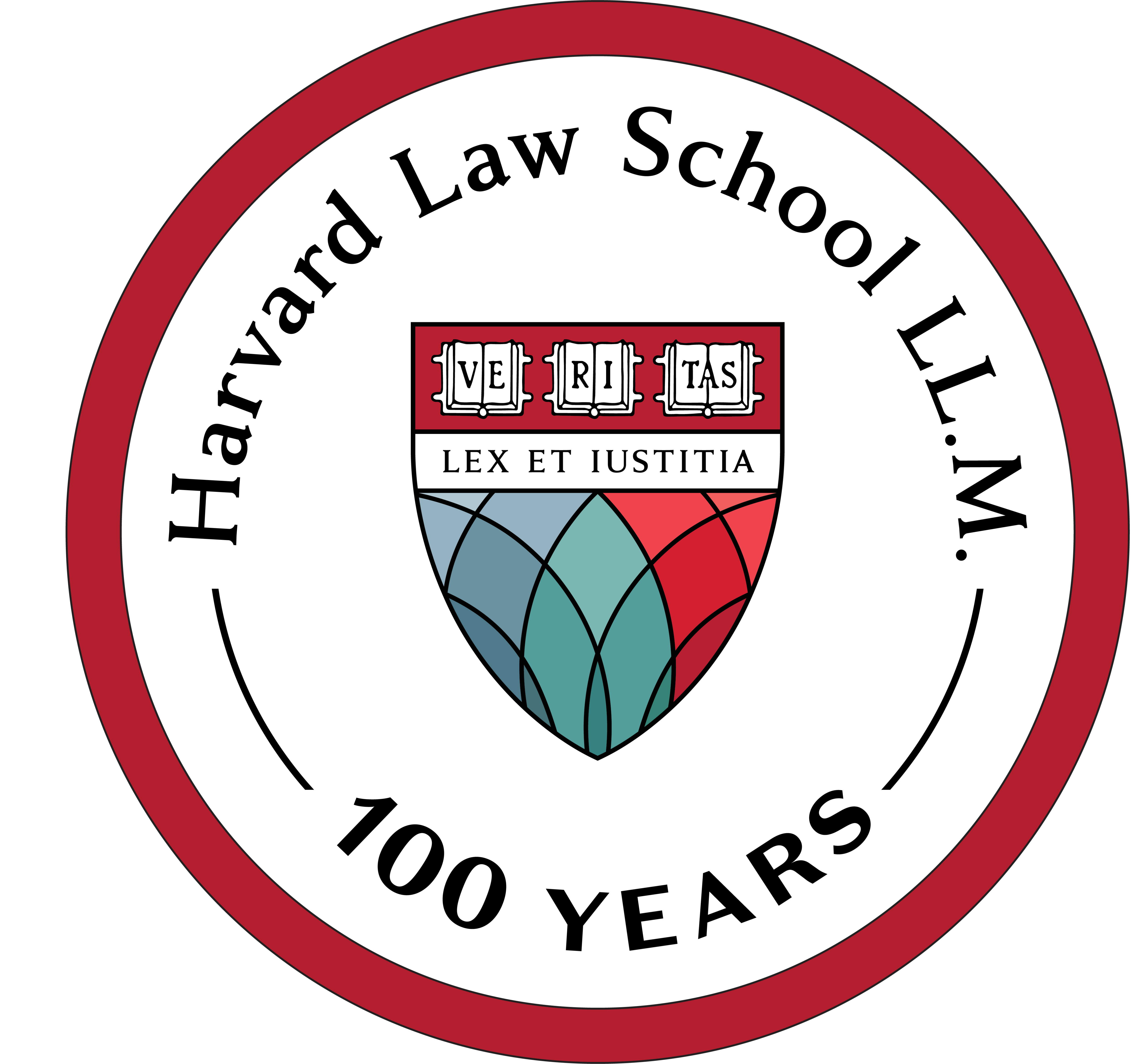
Registration is now open for the celebration of the 100th Anniversary of the LL.M. Program! The two-day program will be held September 27-28, 2024, at Harvard Law School. It will feature alumni, faculty, and student speakers and a gala evening, and marks the first opportunity for LL.M. alumni to engage with other alumni and students from all graduating years.
Student Profiles
Meet six students with wide-ranging backgrounds from around the world.
Sigurbjörn Bernharð Edvardsson – Iceland
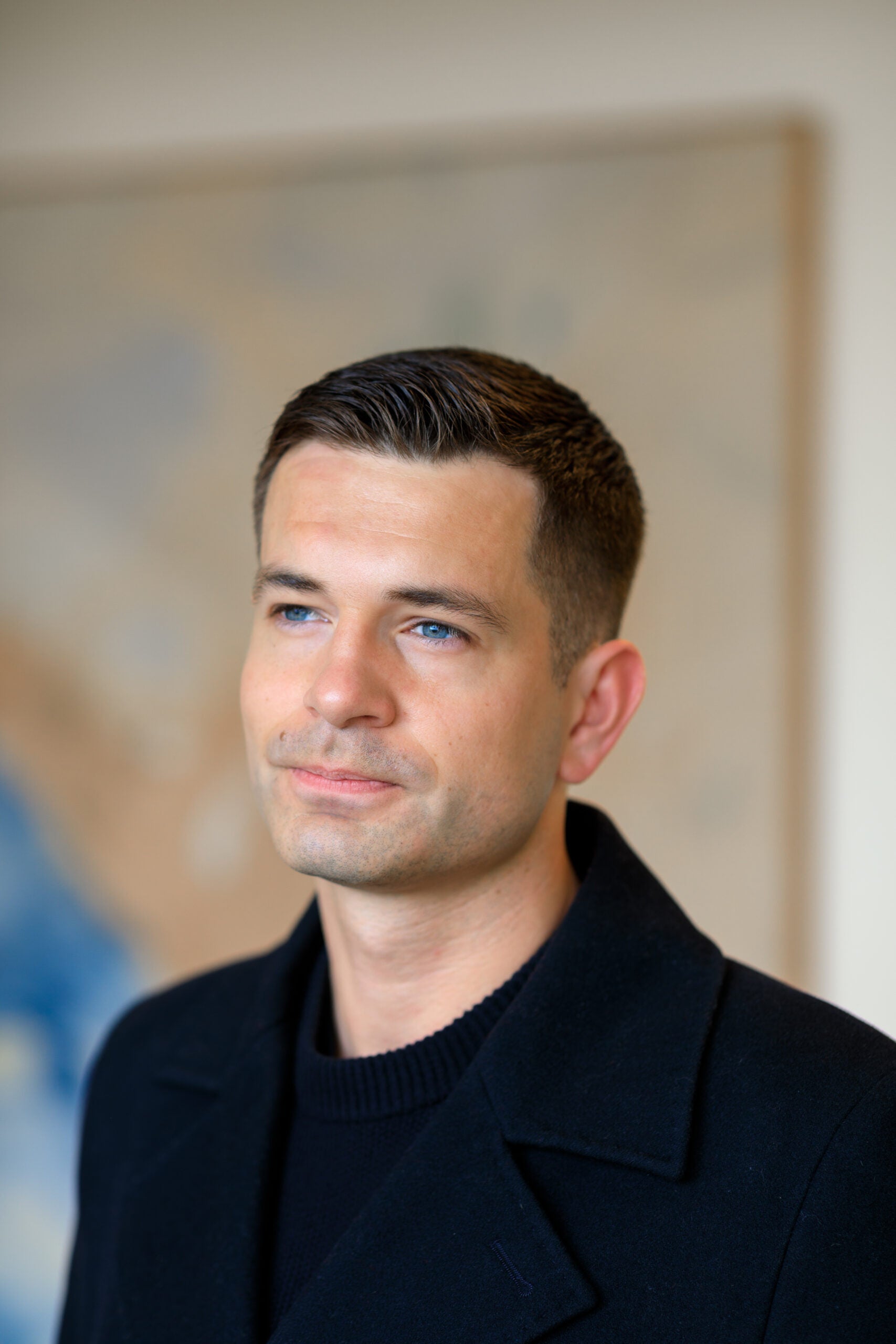
Sigurbjörn Bernharð Edvardsson, an Icelandic lawyer interested in constitutional law, legal theory, and corporate law, traces his decision to study law to Iceland´s constitutional reform attempts after the 2008 financial collapse. During his legal studies at the University of Iceland, Sigurbjörn was an exchange student at the University of Vienna, concentrating on European law. Additionally, he completed jurisprudence and political economy courses at Columbia University. After graduation, he worked as an associate at LOGOS Legal Services and a judicial clerk at the Icelandic Court of Appeals. In 2023, he felt it was the right moment to expand his horizons and temporarily step back from his career to pursue further education. “My passion for advancing my knowledge aligned perfectly with Harvard’s excellence in my chosen areas, making the decision to apply to HLS obvious. My experience at HLS has been truly enriching. The LL.M. class is incredibly diverse, and many of my classmates are engaged in different and fascinating pursuits. It has been an honor to share this experience with all of them.”
Micaela Mingramm – Argentina
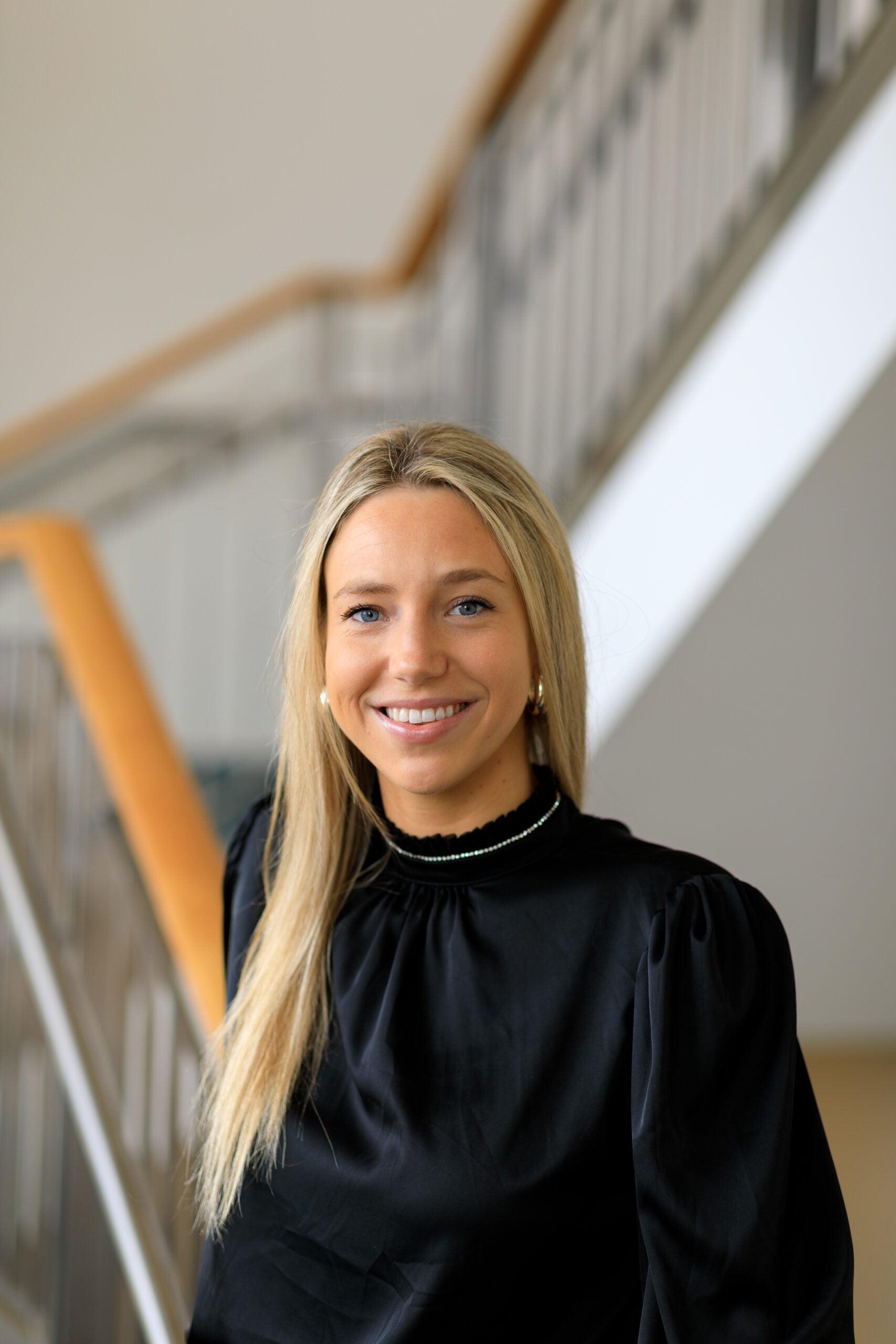
Micaela Mingramm, who grew up in Buenos Aires, Argentina, started training in track and field from a very young age and joined Argentina’s national team at 13, winning three national and two South American championships. “Competing for your country is a magical and formative experience.” Interested in serving Argentina, she enrolled in law school at the University of Buenos Aires with the long-term goal of improving her country’s public policies. While in law school, she held a teaching assistant position on government financing while simultaneously working at Cleary Gottlieb Steen & Hamilton. After graduation, she was transferred to the New York office. At HLS, she is serving as a research assistant for the Petrie-Flom Center, looking at the intersection between global health rights and sovereign debt crises. She has particularly enjoyed her courses on international finance, business negotiations and social justice, as well as learning from her classmates: “The LL.M. cohort has taught me so much, and has changed my perspective, not only on legal issues, but on how I see the world.”
Tenzin Nordin – Tibet/India
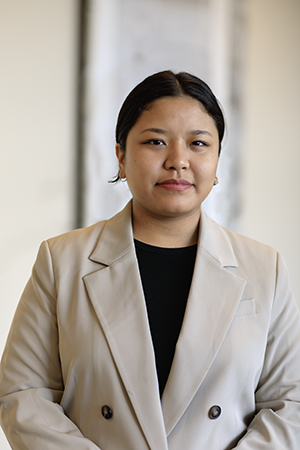
The daughter of Tibetan refugees, Tenzin Nordin (“Nordin”) grew up in a Tibetan community in a small town in Northern India. “Everything I learned was from that community – I feel a very strong sense of gratitude to His Holiness the Dalai Lama and the Tibetan community and I want to serve them in whatever capacity I can.” After attending Symbiosis Law School in Hyderabad, India, she worked as the legal officer for the Tibetan Centre for Human Rights and Democracy and then received funding from the Tibetan Scholarship Program to pursue an LL.M. at HLS to deepen her understanding of international law. “I am grateful and excited to have access to such great resources here.” At HLS, she has developed close friendships with both JD and LL.M. students: “I feel a real sense of belonging here and the community is actually very strong. As a refugee, I’m accustomed to feeling like I don’t belong anywhere. But I feel accepted here.”
Vincent Chimobi Okonkwo – Nigeria
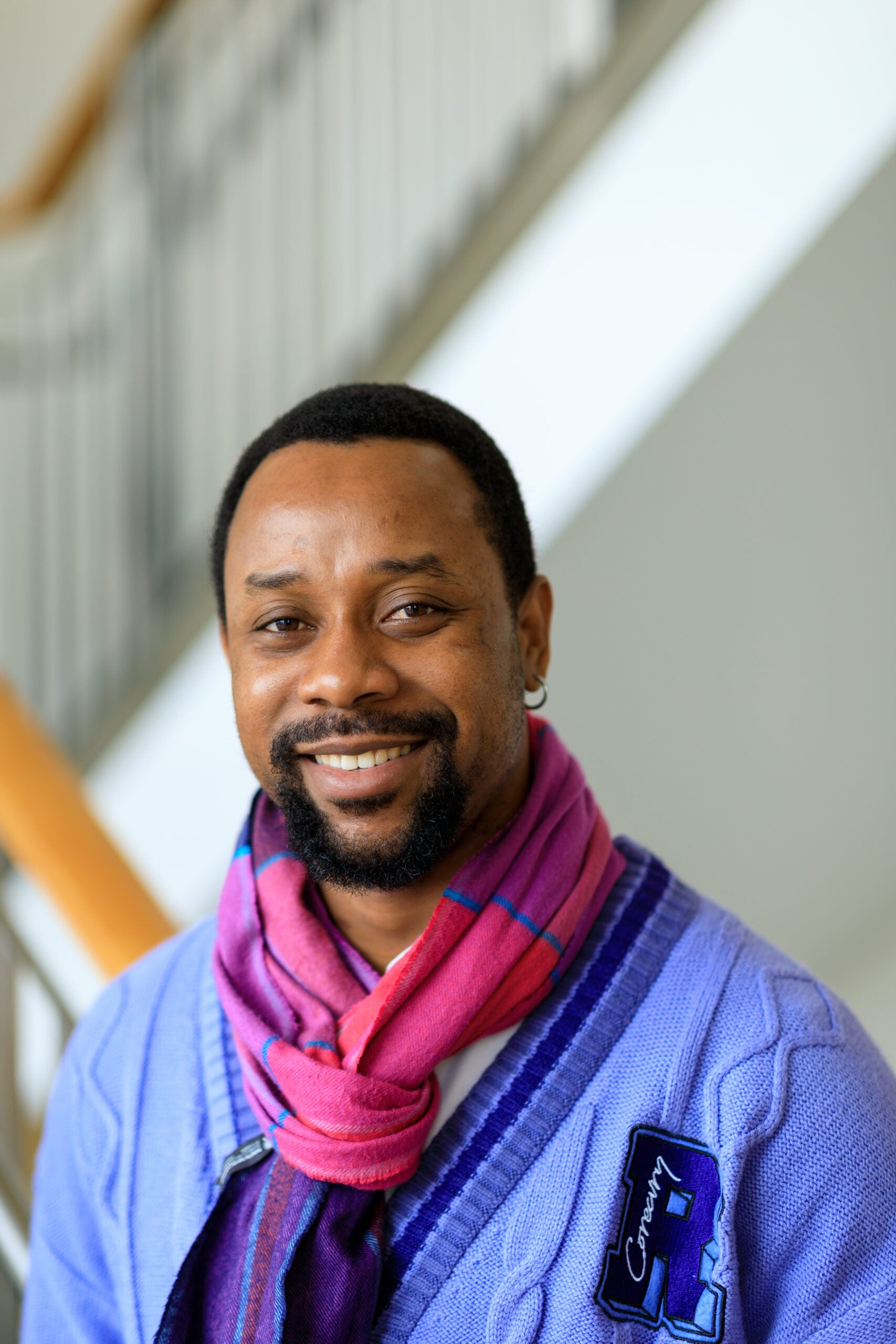
Vincent Okonkwo is a tech-focused corporate lawyer originally from Lagos, Nigeria. After obtaining his LL.B. from the University of Benin at 19, he spent 5 years advising technology companies in multiple African countries. He was most recently legal counsel for M-KOPA, a Kenyan multinational leveraging machine learning to provide connected-asset financing to high-risk unbanked customers. Post-LL.M., he’d like to gain experience in the US, before returning to Nigeria to pursue policy development. At Harvard, he is involved with the Cyberlaw Clinic, the Harvard Law & Technology Society, and the Harvard African Law Association. He is also the co-chair of the 2024 Africa Development Conference and an LL.M. class representative. “There is a quality to students you engage with here, not just in terms of intellect, but also the genuineness of personality and perspectives on the world. They have an immutable passion for making change in the world – and it spreads. I can’t tell you how many times I’ve changed my perspective on issues, and even adjusted things I want from my life.”
Jordan Louie Samaroo – Canada
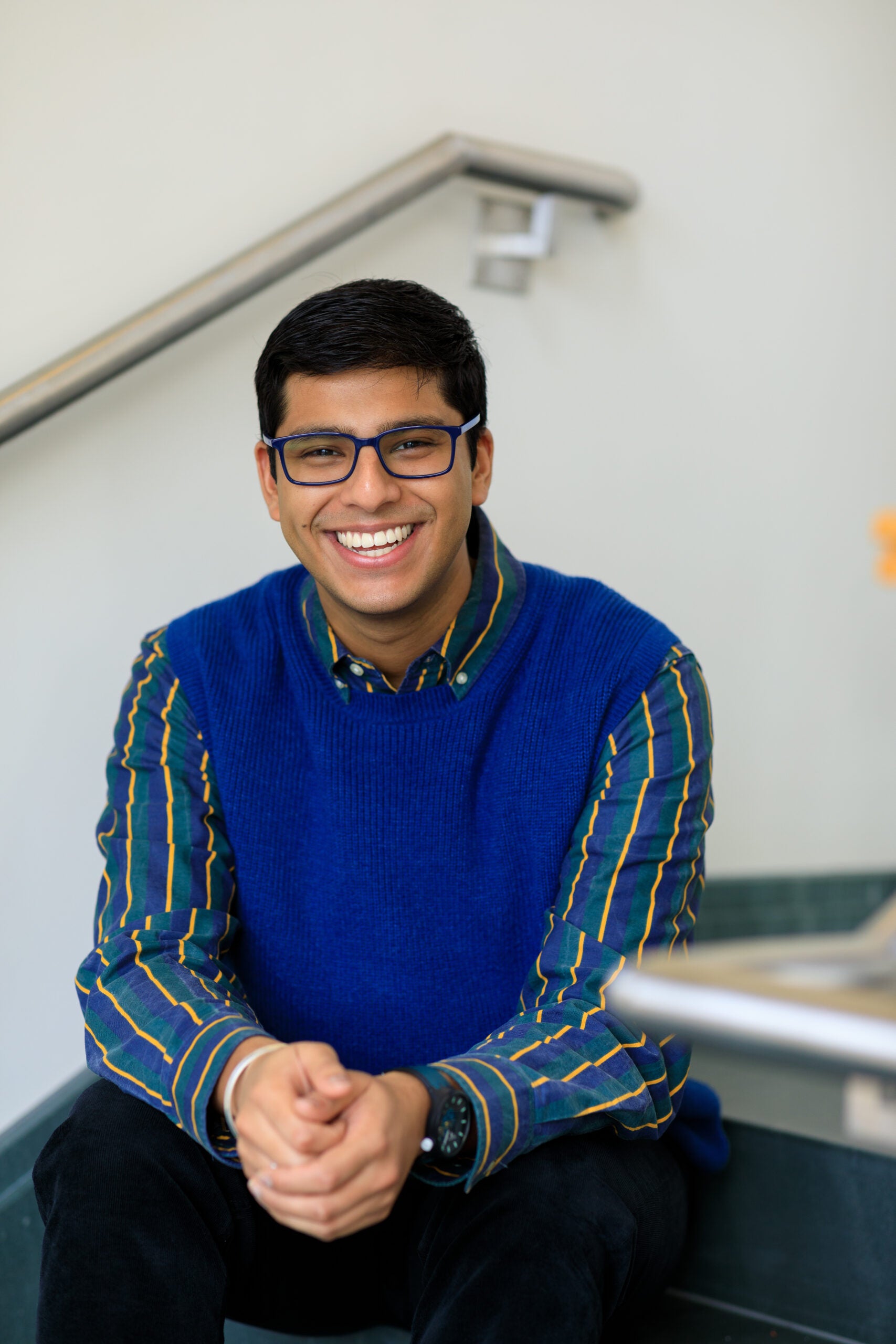
Jordan Samaroo studied law and business at the University of Ottawa and then clerked for Justice Michael Moldaver and, following his retirement, Justice Michelle O’Bonsawin of the Supreme Court of Canada before coming to HLS as a Frank Knox Memorial Fellow. He is interested in constitutional law and appellate advocacy, and after the LL.M. plans to work as a commercial litigator while maintaining ties to academia. At HLS, Jordan assists the Equal Democracy Project, conducting research for an NGO fighting voter intimidation. He’s also a member of the Journal of Law and Technology Submissions Committee, plays squash and club tennis, and is active with the Catholic Law Students Association, the Canadian Law Students Association, and the Academic Affairs Committee of the Student Government. “One of the highlights of my year was attending an oral argument at the First Circuit Court of Appeals with JD friends as guests of Chief Judge David Barron. I’ve also loved the wonderful opportunities for the LL.M.s to engage closely with faculty and interact socially with each other, especially during Orientation.”
Wei-An Tsai – Taiwan
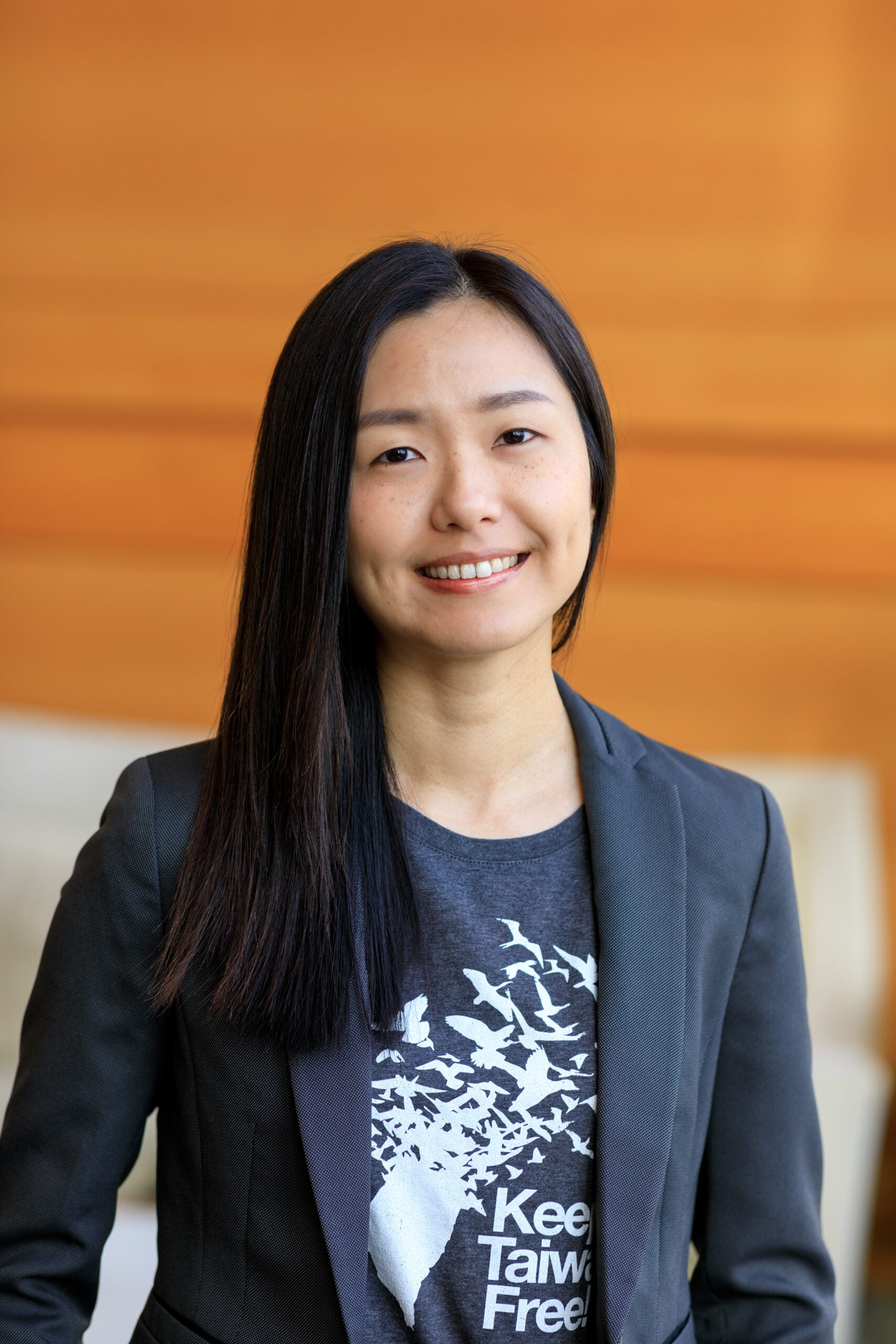
Wei-An Tsai is a second-year S.J.D. candidate from Taiwan working on disinformation and internet governance with professors Yochai Benkler, Jack Goldsmith, Vicki Jackson and Ya-Wen Lei (sociology). She studied literature and then law at National Taiwan University, where she was heavily involved in the Taiwan Innocence Project. After graduation, she worked as a law firm trainee associate and then as a legal advisor to the Legal Affairs Minister without Portfolio in Taiwan’s Executive Yuan (cabinet). In that role, Wei-An discovered a love for research and a commitment to address Taiwan’s challenges. When she started her HLS LL.M. in 2021, her interest in the S.J.D. was quickly confirmed by her interactions with professors. “It’s so important to be at Harvard right now. There is so much going on here – it’s really helped me get a better sense of the international narrative about Taiwan.” As an S.J.D., Wei-An has enjoyed advising LL.M. students and collaborating with other S.J.D. students, “It’s amazing to have a space where we can grow and support each other.”
Alumni Spotlight
Home-grown, and Harvard-grown
Aguilar Castillo Love has leveraged Harvard’s LL.M. network to establish the first home-grown Latin American regional firm
Aguilar Castillo Love was founded in 2006, but it can trace its history back much further. Aguilar ancestors opened the first law firm in Costa Rica in the 1820s, and Castillo lawyers have practiced in Guatemala for generations (the Castillo family is also known for founding the oldest and largest brewery in Central America). The firm of today, with 80 lawyers working in nine countries, actually got its start in 1991, when two Harvard LL.M. classmates signed a Memorandum of Understanding on a napkin at the TGI Friday’s restaurant on Boston’s Newbury Street. “It’s been 30 years, but we’re still looking for that napkin!” laughs John Aguilar Quesada LL.M. ’91.
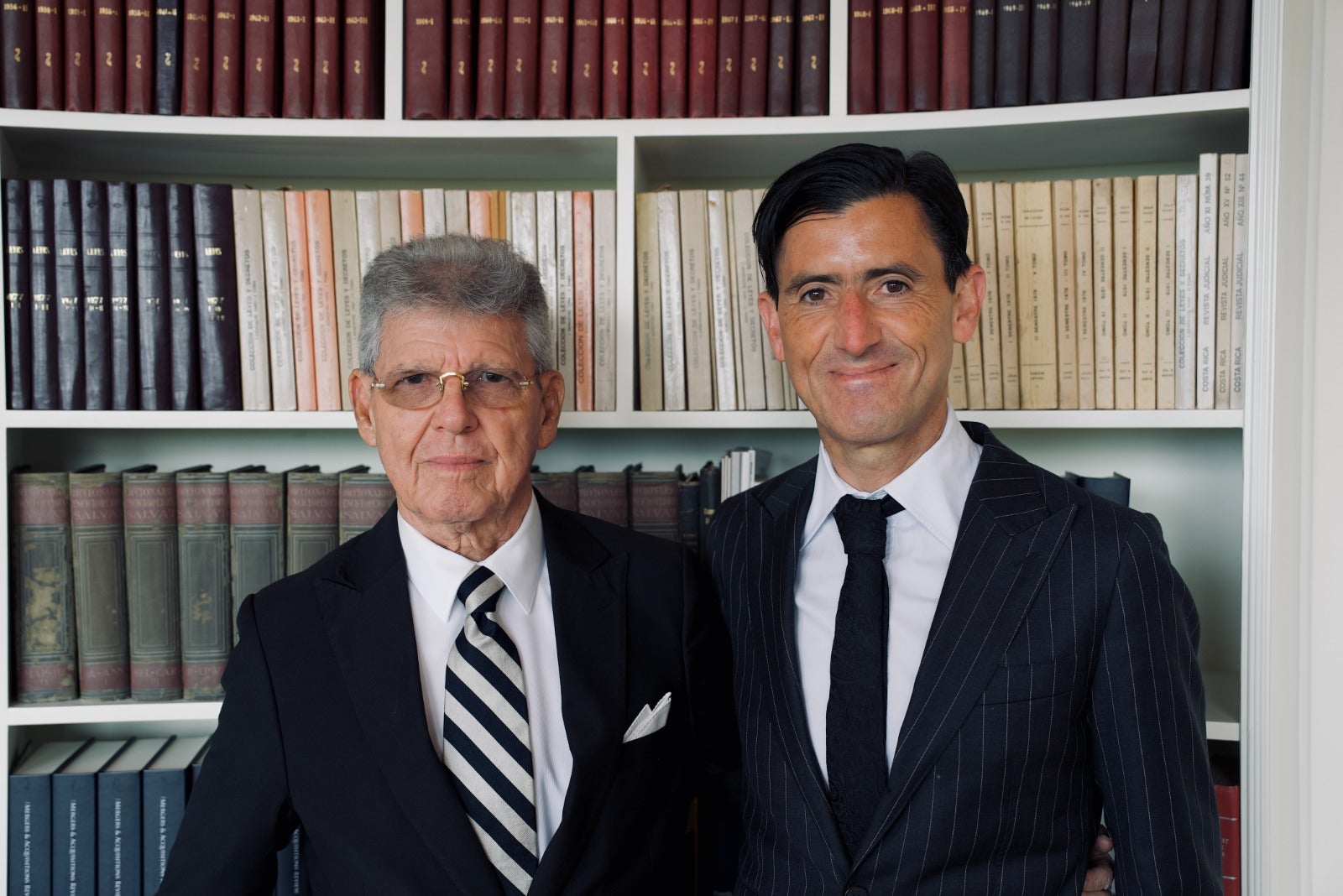
Before enrolling in the LL.M. program, John practiced law in Costa Rica with his father, John Aguilar Osborne, who believed strongly in creating a unified firm culture, in the role of a true “trusted advisor,” and in remaining unconnected to politics. John shared his father’s values, but was concerned that the firm was missing out on opportunities: “Clients were increasingly asking us about more than Costa Rica,” he recalls. “I wanted to see if I could replicate my father’s model for all of Central America.” Seeking connections, the young lawyer visited large law firms in other countries, but didn’t get very far. Nonetheless, he kept this goal in mind when he enrolled at HLS, noting that listed among the other admitted students was a name from a key country: Juan Carlos Castillo LL.M. ’91, a young lawyer from Guatemala.
Juan Carlos, who also planned to practice with his father, had decided to enroll in the LL.M. program to improve his understanding of the common law system to better attract and assist international clients. During winter term, he and John found themselves in the same intensive class on international finance. A few weeks later, John invited Juan Carlos to lunch. “John had come up with this idea of creating a one-stop shop for Central America,” Juan Carlos recalls. “It was brilliant. We are such small economies — we don’t have the scale necessary to attract big companies as clients, but we could do so if we combined all of these small countries into one firm.”
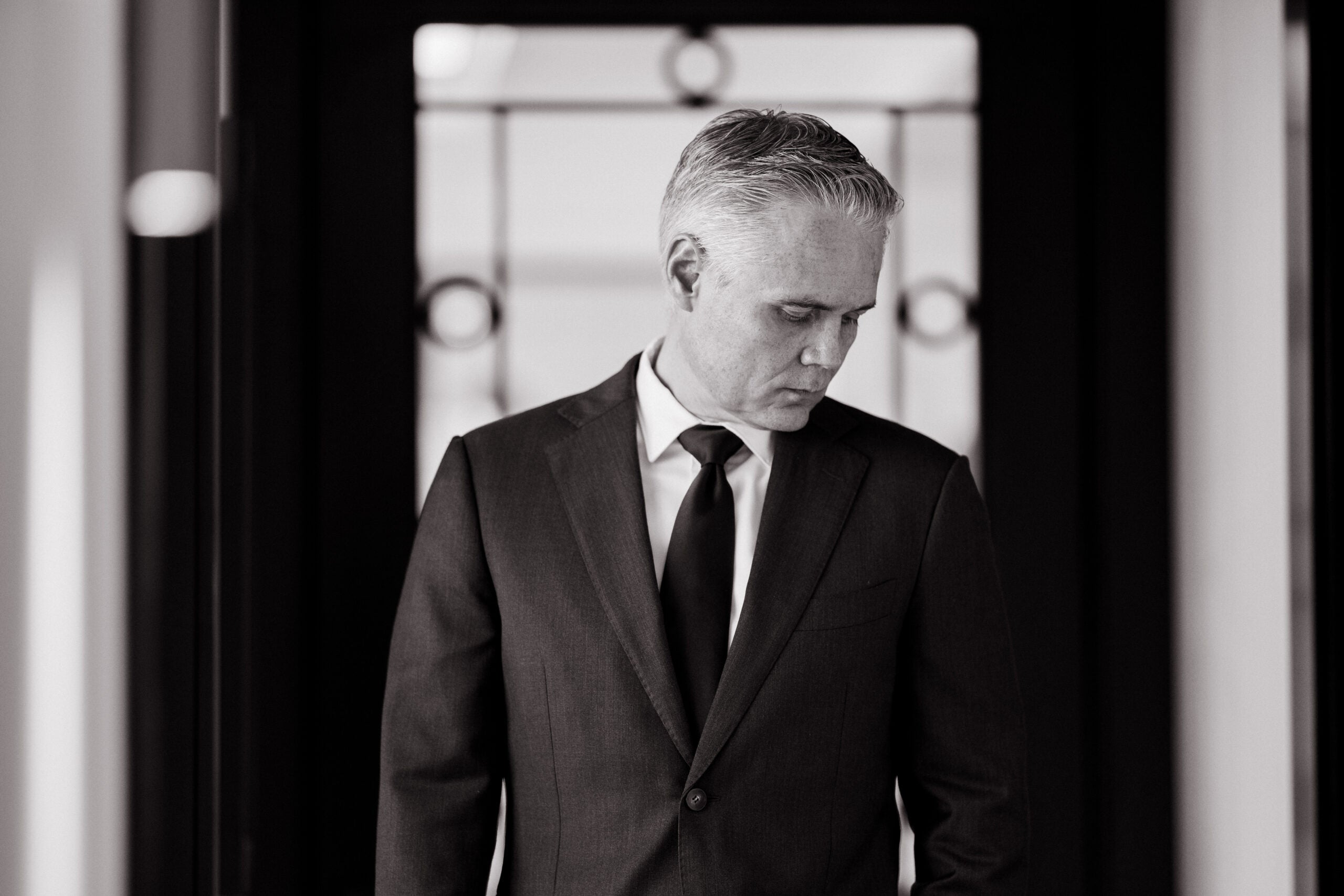
After graduation, John and Juan Carlos convinced their fathers to consider this new approach, but needed to work out the details. “From the very beginning, we decided to focus on foreign clients,” Juan Carlos explains. “Central America is a logistical nightmare for them in the sense that they are dealing with five or six small jurisdictions, with a lot of legal issues involved, and dealing with many law firms, of different quality and styles.”
They decided to retain their Costa Rica and Guatemala offices as separate operations and open their first joint office in Honduras. “We realized early on that building the firm with Harvard alums would yield innumerable benefits,” John remarks. “You know you are dealing with highly motivated people, highly intelligent people, overachievers. It’s the best possible filter we could use to continue growing this firm,” adds Juan Carlos.
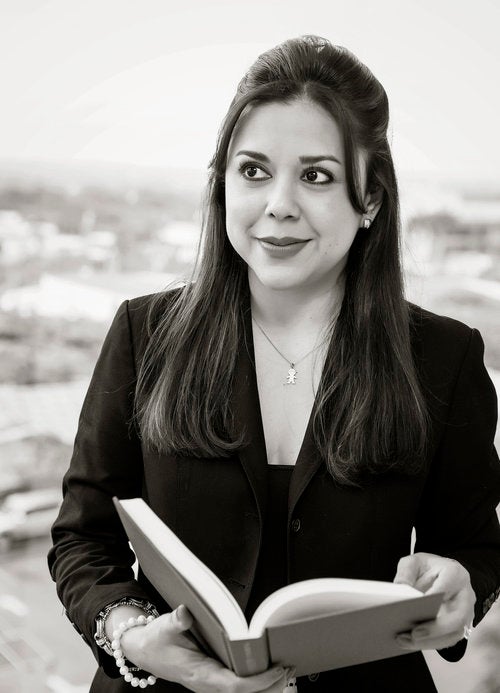
To open their next office — in Nicaragua — John and Juan Carlos met with Thelma Carrión LL.M. ’02 while she was still a student at Harvard. She joined the firm shortly after graduation. “I think it’s fantastic how Harvard brings everyone together,” she observes, crediting her success as a young female lawyer in Nicaragua to the skills and confidence she acquired at HLS. After a few years at the firm, Thelma moved to Luxembourg to practice M&A, private equity, and corporate law while still managing the Nicaragua office. The managing partner of the Luxembourg firm, Alex Schmitt LL.M. ‘81, was also a Harvard alum. “While I was in Luxembourg, I was very active with HLSA Europe,” Thelma recalls. “The network is amazing; you get to meet people from all over the world, and exchange ideas.” Ultimately, Thelma and her family decided to return to Nicaragua. At Aguilar Castillo Love, she has been able to draw on the experience she gained in Luxembourg, but also broaden her practice to encompass areas ranging from labor law to intellectual property. “My work here involves many different areas of law, which I absolutely love. Our office has grown, and now we are a team of nine,” she remarks. “I have had a great 22 years at the firm, which have allowed me to develop both professionally and personally.”
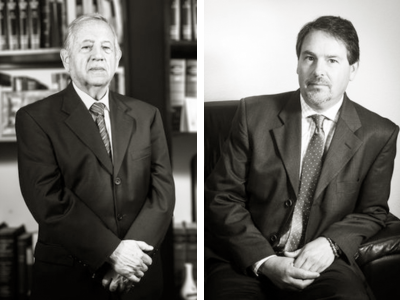
Eventually, the partners decided to merge their practices, creating Aguilar Castillo Love. They added an office in El Salvador in 2006; started a collaboration in Panama, opening the office there in 2007 with another classmate, Yadira Moreno-Cedeno LL.M. ’91; and then began to set their sights on South America. Over the years, the firm has positioned itself in smaller jurisdictions where international firms and companies are less likely to maintain offices.
In 2014, the firm merged with Pólit & Pólit Abogados, an Ecuadorian firm run by Juan David Pólit LL.M. ’95 and his father, Eduardo Pólit Molestina, who had participated in HLS’s International Tax Program in 1978-1979. “One day Roberto Troya Villacorta LL.M. ’91, a classmate of John and Juan Carlos, told me that he had a friend in Costa Rica who needed some advice on Ecuador law. We started working together as a corresponding firm and developed a very nice professional relationship,” Juan David recalls. “When John explained his project of becoming the first home-grown regional law firm in Latin America, and invited us to be part of it, I didn’t hesitate at all.”
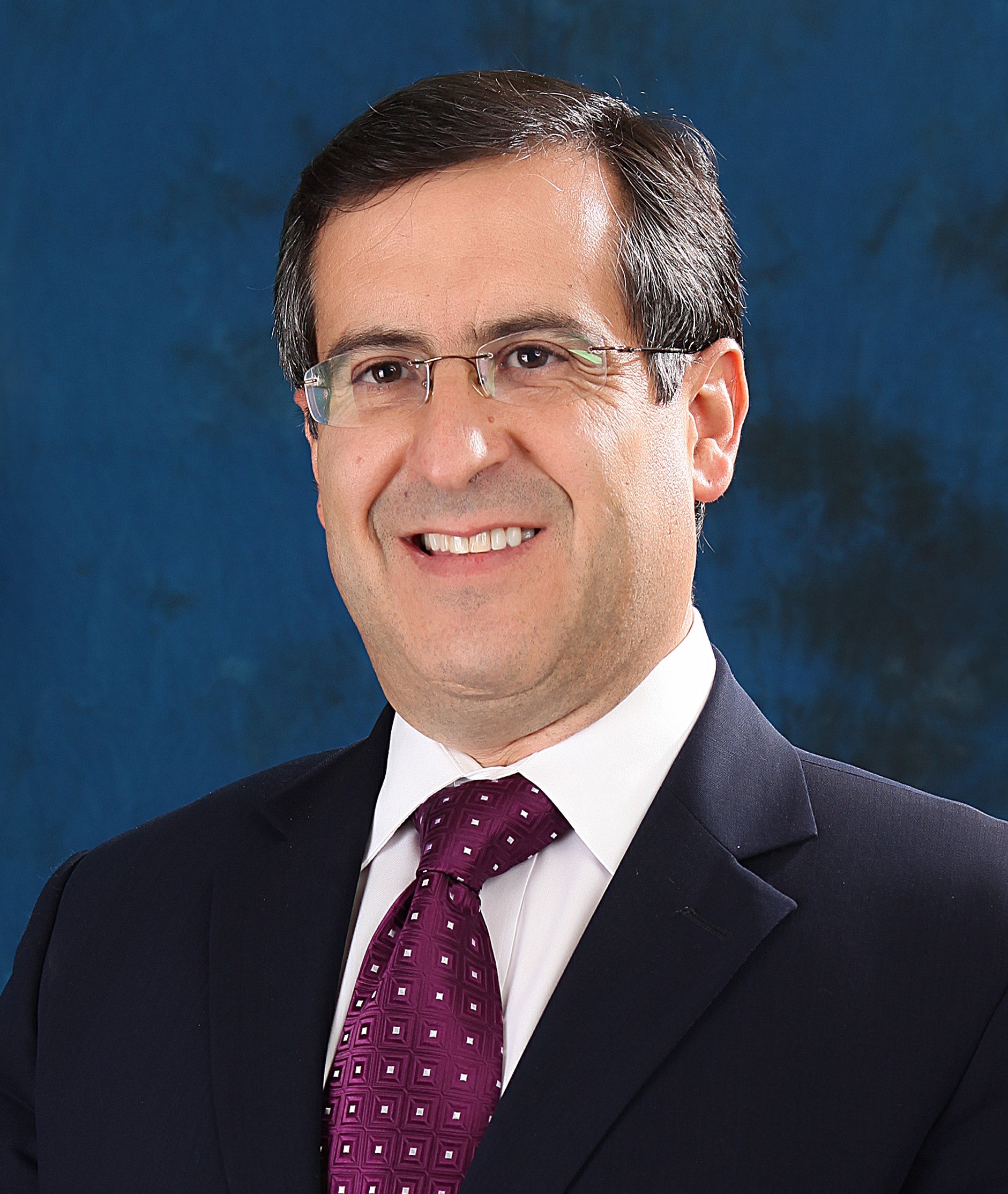
The Ecuador office would eventually add two more Harvard LL.M.s: Manuel Romoleroux LL.M. ’84, who is now an advisor to Ecuador’s state oil company, and Alfredo Larrea Falcony LL.M. ’98, who has worked closely with companies in Ecuador’s oil and gas, mining, telecommunications and energy sectors and specializes in negotiation and mediation. Alfredo was practicing in a large firm in Quito when he learned that Juan David Pólit was at a firm with Harvard LL.M. founders. “That triggered something — I wanted to be there. It has a lot to do with being with people that you enjoy talking to, and working with,” he says. Alfredo has maintained strong ties with the university, helping organize the Harvard Club of Ecuador and regularly attending spring reunions and conferences organized by the Harvard International Law Students Association (HIALSA): “HIALSA’s conferences are amazing — people should know more about them!”
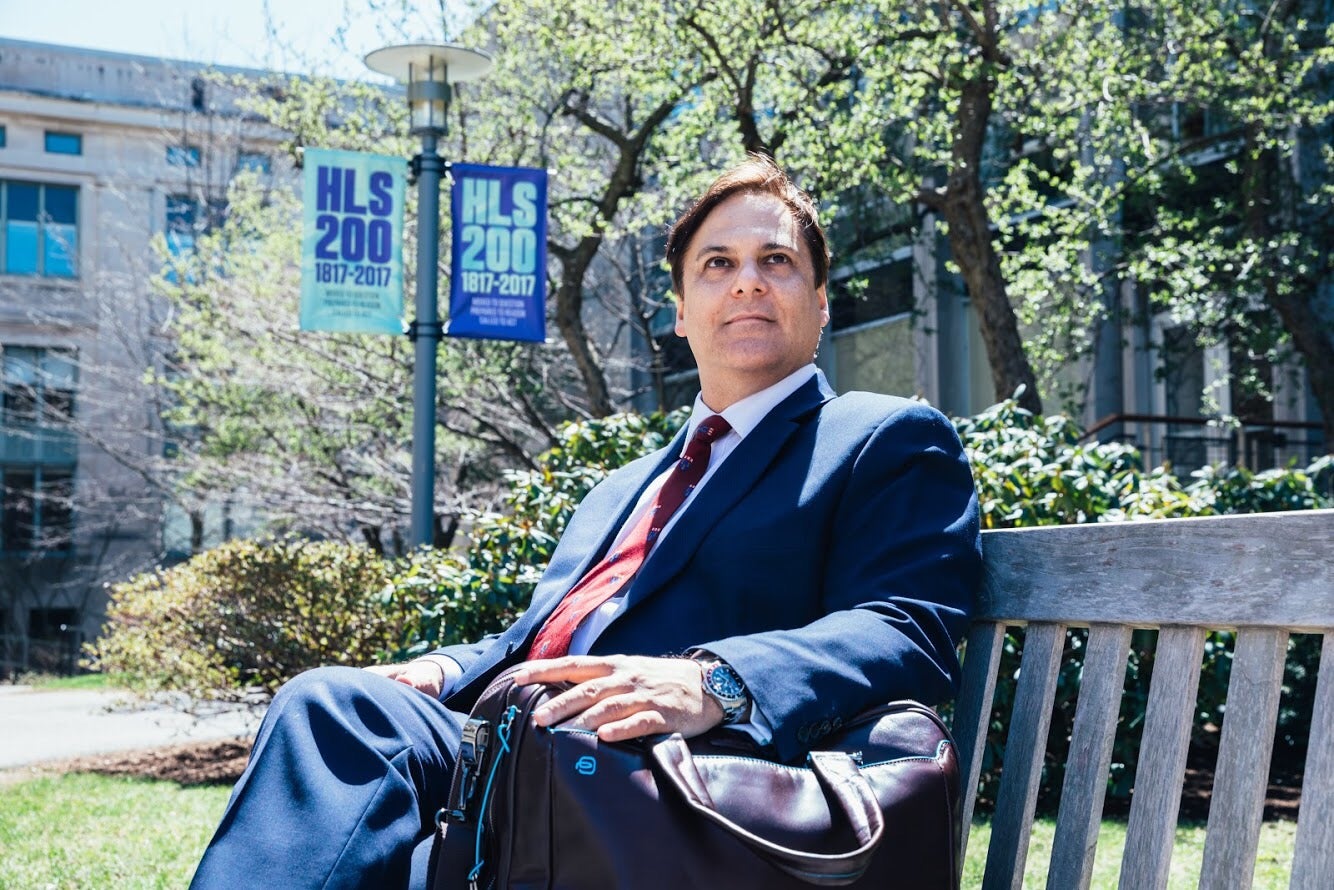
Aguilar Castillo Love has continued to expand its presence in South America, with the addition of offices and Harvard LL.M. partners in Paraguay and Bolivia. Luis A. Breuer LL.M. ’93, the Harvard Alumni Association contact for Paraguay, opened the Paraguay office in 2020, after 20 years of practicing law in the international field, serving as Ambassador to ALADI and MERCOSUR and as the legal director of the two binational hydroelectric power projects owned by Paraguay with Brazil and Argentina. He was drawn to the “constructive teamwork” that exists among the firm’s offices and the opportunity to work with its clients: “Our clients are very prominent corporate entities from the U.S., Europe, and Asia, and also from our own countries. We are very well connected with corporate counsel in large companies, and as a party counsel in international arbitration, former member of the ICC Court of International Arbitration and listed in panels of ICSID and TAS/CAS, we have one of the largest groups in a Latin American firm working in international arbitration.”
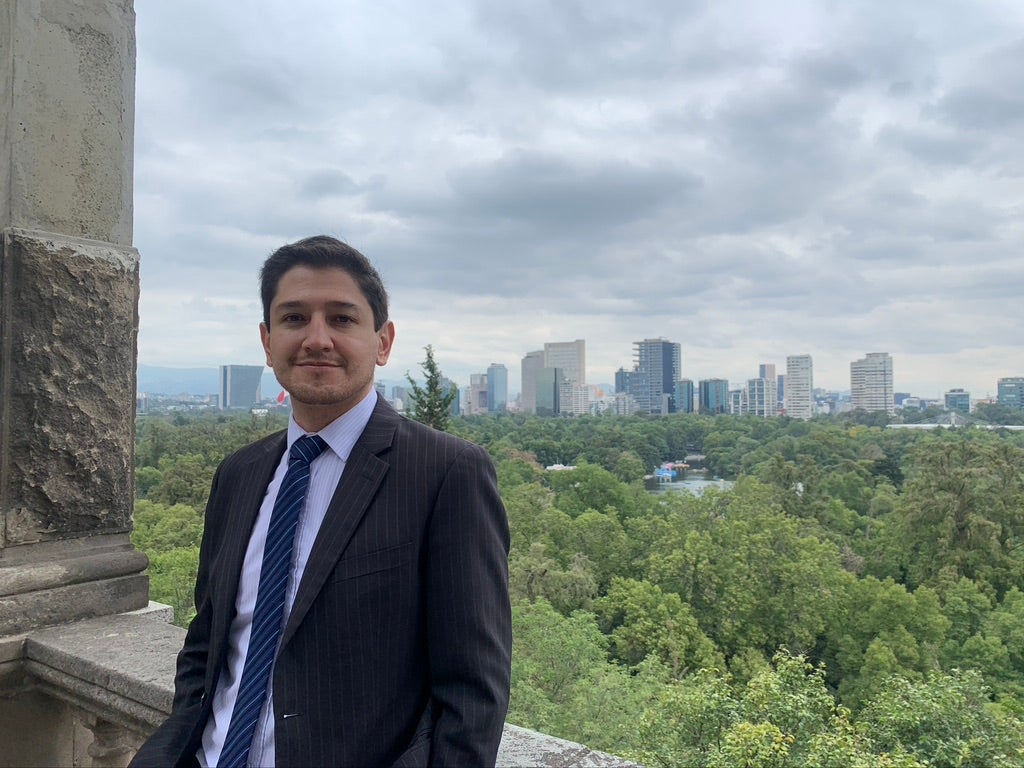
Jose Carlos Bernal LL.M. ’14 joined the practice in Bolivia in 2022. After his LL.M., Jose returned to Bolivia and worked as Chief of Staff to Bolivia’s Minister of Foreign Affairs. His first contact with John Aguilar came when he was leaving the government, after a challenging year. “He is very inspiring,” Jose observes. “His message about the quality of the firm and its goals really got to me. There’s a commitment to excellence, no matter what, and no place for anything other than ethical behavior within the firm. I think Harvard really inspires that.”
Ultimately, both Jose and his law partner, Ismael Franco, decided to join the firm. “We were attracted by the value Aguilar Castillo Love offers global companies and start-ups that want to expand into the entire Latin American region — they know our standards, and the level of our work, and we can help them in all these countries.”
“John and Juan Carlos built a law firm based on a personal connection, and we all have similarities in principles and points of view that we share, and that has also brought us together,” Thelma remarks. “We thought that we could do it – we believed in ourselves, and that’s in good part because of our experience at Harvard,” concludes Juan Carlos.
Broader horizons
An American LL.M. has paired a focus on Maryland corporate law with teaching law around the world
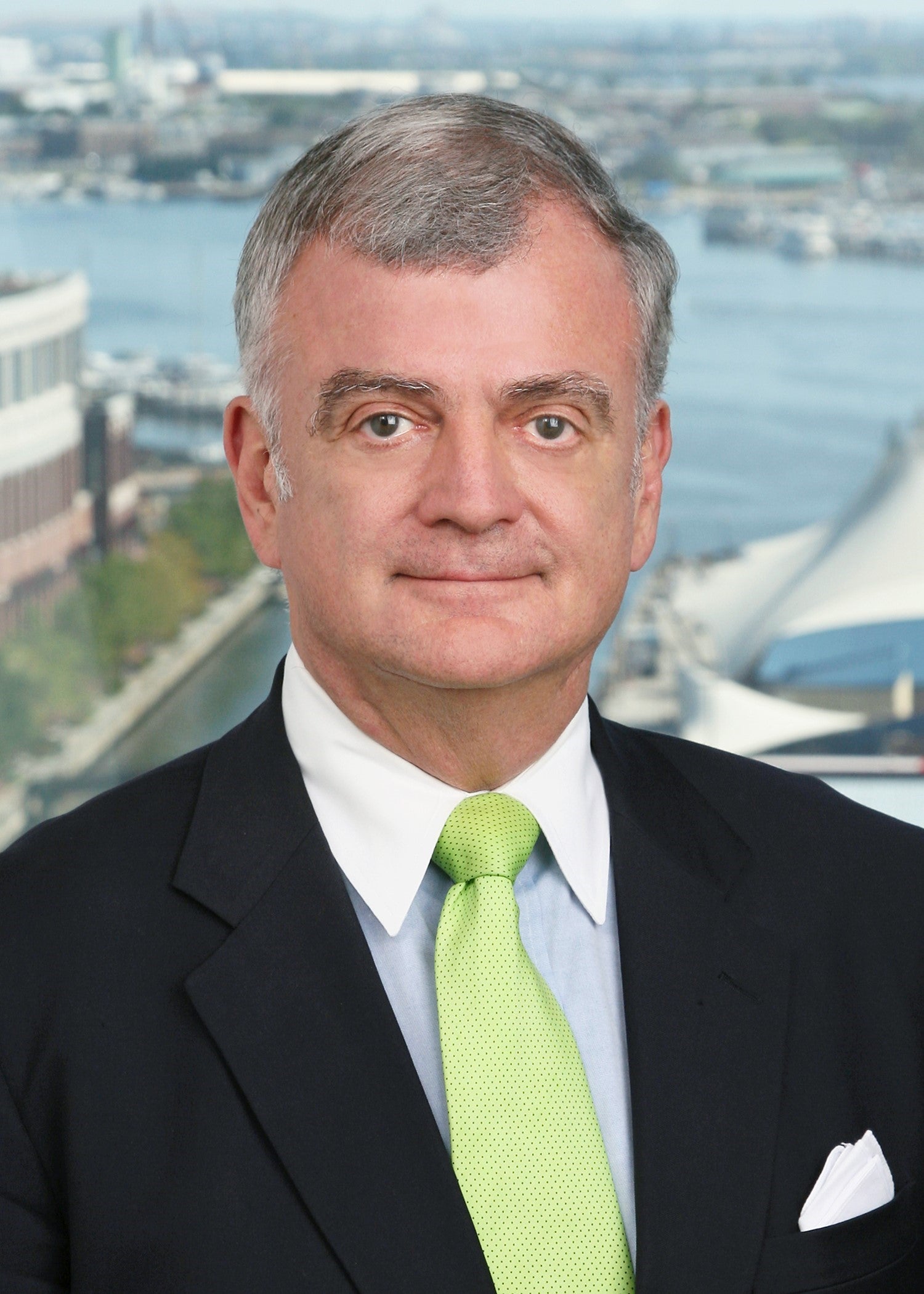
For James J. Hanks, Jr. LL.M. ’69, pursuing an additional year of study at Harvard Law School was an opportunity to broaden his legal knowledge. After graduating from Princeton, he took his LL.B. at the University of Maryland, where he was an editor of the Maryland Law Review, and then clerked for Judge Charles Fahy of the U.S. Court of Appeals for the District of Columbia Circuit. “The judge had been Solicitor General during World War II, so I learned a lot of history and law from working with him. I liked studying law and even law school, and I thought it would be interesting to go back to law school with some of those perspectives,” Jim recalls. “I was attracted to HLS because its LL.M. program did not require any sort of specialization or concentration, unlike some other schools. I also knew from friends who had gone to HLS that there would be a lot of smart people there, and I could learn a lot from them, which I did.”
Immediately after his LL.M., Jim worked with consumer advocate and attorney Ralph Nader JD ’58, who taught him, among other things, the value of maintaining unblemished credibility. “Ralph was a very, very good lawyer; I don’t think he gets enough credit for that,” Jim notes. He worked with Nader on meat and poultry inspections at the U.S. Department of Agriculture, and took the first freedom of information case to a U.S. Court of Appeals (the Fourth Circuit).
Given his background, Jim expected to become a litigator when he joined his first law firm, but the recruiting partner steered him toward corporate law instead. “I thought corporate law would be worth trying,” he recalls, “but I was surprised to find that I really liked it.” That decision led to a decades-long career as one of Maryland’s leading corporate lawyers. After partnerships at two other law firms in Maryland, Jim has been a partner at Venable LLP since 2003. He currently splits his time between Baltimore and Kitzbühel, Austria, where his wife Sabine Senoner was born and grew up.
In addition to practice, he has also written and taught extensively. In 1990, Jim wrote an updated treatise on Maryland corporation law. “The old treatise was from the 1950s,” he explains. “Among other things, it did not cover real estate investment trusts (REITs), which were established in the 1960s and are typically formed under Maryland law.” His book “Maryland Corporation Law” is now in its second edition and Jim has kept it up-to-date with 34 years of annual supplements (“thanks,” he says, “to a lot of good help from younger lawyers”). He has also co-authored the third and fourth editions of “Legal Capital” with former Stanford Law School dean Bayless Manning.
Jim got into teaching for the first time in 1993, when a friend who taught at Cornell Law School asked him whether he would be interested in a position that the school had on its faculty for a Visiting Professor from Practice. “It sounded like an interesting mid-career thing to do,” he recalls. He auditioned by teaching a class, with some faculty in the back row, and was engaged a year later to teach mergers and acquisitions and a seminar on corporate governance. At the end of that fall semester, the dean called him into his office. “I couldn’t imagine that it was for anything good,” he laughs. “With some trepidation, I knocked on his door. To my surprise, he invited me to teach securities regulation in the spring!” Jim went on to teach at Cornell Law School over the next 20 years. He has also been an adjunct professor of law and a senior lecturer at Northwestern’s Pritzker School of Law and a Distinguished Professor from Practice at the University of Maryland Law School.
Jim has taken his teaching far beyond U.S. borders. For 18 years, he taught a course in U.S. and European corporate law and governance at the Cornell Law School-Université de Paris 1 (Sorbonne) Summer Institute in Paris, a program founded by John J. Barceló III S.J.D. ’77, where his classes included both Cornell students and students from other law schools in the U.S. and abroad. Jim has also taught corporate law and governance in the Northwestern Law School-Instituto de Empresa Executive LL.M. Program in Madrid. For several years, he was a visiting professor at Germany’s Bucerius Law School, and he has taught occasional classes at law schools in Georgia, Guatemala, South Africa, Zambia, and China.
“I really enjoy teaching. I always learn something from my students, and I like the performative aspect of it as well. I still keep up with many of my former students and I’ve encouraged some of them to apply to the LL.M. program at HLS.”
An important stepping-stone
Post-graduate fellowships expand opportunities for public-service oriented LL.M.s
Growing up in a rural community in north-central Mexico, Jorge Alejandro (“Alex”) Carrillo Banuelos LL.M. ’22 developed an interest in environmental law after witnessing the impact of climate change on local agriculture. After his LL.M. he wanted to get some experience working with an NGO in Mexico that focused on climate-related litigation, but there were only a handful of these organizations, and the one that he hoped to work with — the Interamerican Association for Environmental Defense (AIDA) — did not have any open positions.
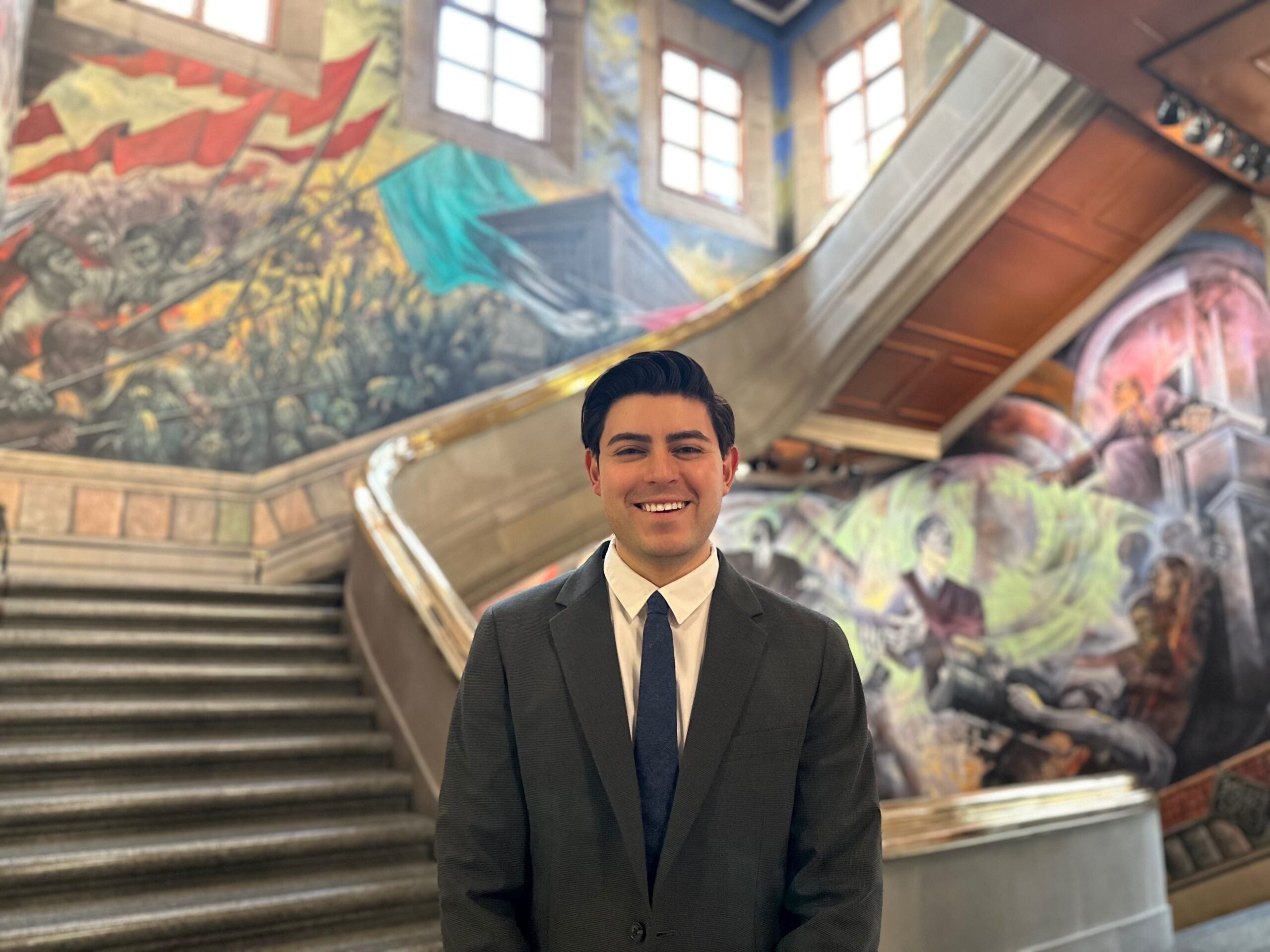
Alex’s prospects changed when he was selected for a Public Service Venture Fund (PSVF) Organization-Based Fellowship. These fellowships, established in 2012, provide funding for graduates interested in working for nonprofit organizations or government entities. Since its founding, 30 LL.M. graduates have benefited from the PSVF’s organization-based fellowships.
As a PSVF Fellow, Alex was able to spend a year in AIDA’s office in Mexico City, coordinating the organization’s climate litigation platform and providing legal advice to other organizations working on national and international climate litigation. He also coordinated a regional consultation on climate migration with the UN Special Rapporteur on Climate Change and worked on a submission to the United Nations Committee on the Rights of the Child. During his fellowship year, Alex learned a lot about the relationship between climate change and human rights and developed relationships with people from universities, non-profits and international organizations working in the field. His work at AIDA, he says, gave him the qualifications he needed to secure his current role, as a climate change and human rights advisor in the recently-created Scientific Knowledge and Human Rights Unit of the Supreme Court of Mexico.
Maithili Pai LL.M. ’20 came to HLS interested in constitutional law and human rights and planning to return directly to India to work in strategic human rights litigation. While at HLS, however, she took advantage of working in the International Human Rights Clinic, and realized that she wanted to add an international dimension to her experience. She applied for a postgraduate fellowship hoping to find a good opportunity to engage in human rights advocacy before an international body, and is grateful for the mentorship she received from Judy Murciano in the Bernard Koteen Office of Public Interest Advising (OPIA). “I was very fortunate to have been selected for a PSVF fellowship,” she remarks. “A lot of very talented classmates were applying and there are only so many fellowships available.”
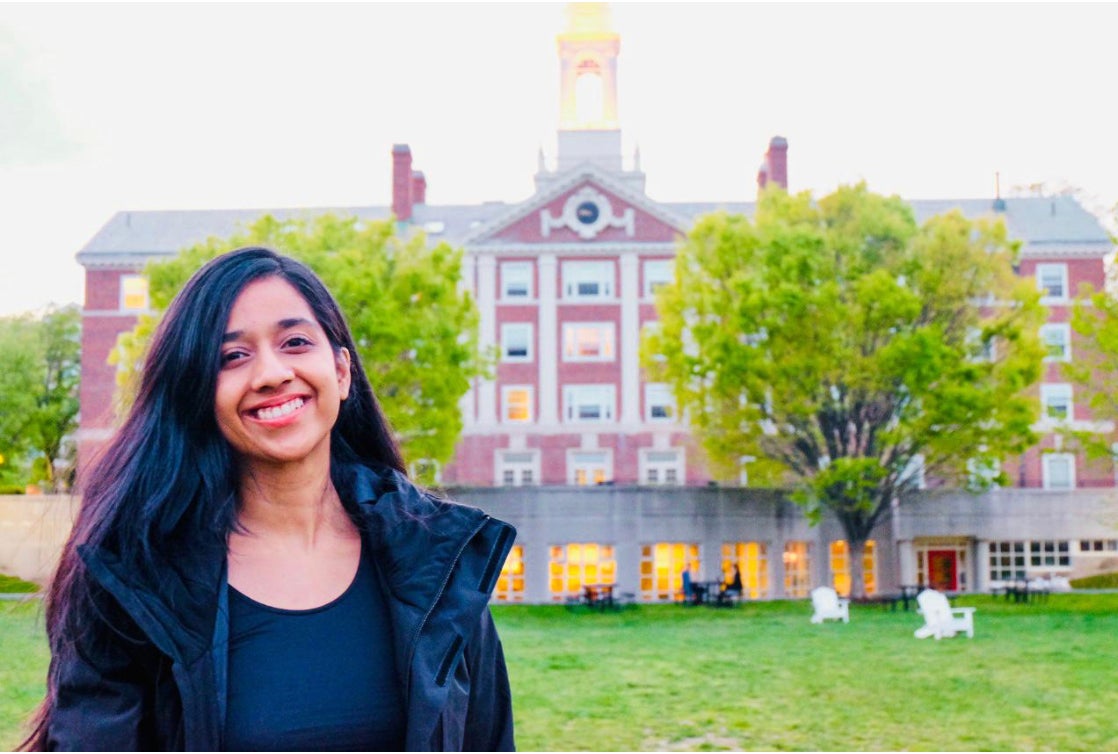
Maithili spent her PSVF Fellowship year with the International Service for Human Rights (ISHR), an NGO that focuses on supporting human rights defenders and strengthening human rights standards and systems. She was particularly interested in ISHR’s work helping human rights defenders at the grassroots level to amplify their advocacy at the United Nations, and was excited about the experience of working in New York, close to UN Headquarters.
After a rewarding and productive fellowship year, Maithili was offered a permanent position at ISHR. She now serves as the organization’s UN Advocate, working to ensure that human rights defenders and civil society organizations are able to bring their experiences to the UN and inform its outcomes. “My postgraduate fellowship really was an unparalleled opportunity,” she emphasizes. “Due to funding constraints, these organizations often have no other way to hire a recent graduate who could really contribute to their mission and get a lot out of the experience.”
In addition to a limited number of PSVF fellowships, LL.M.s are eligible to apply for the following postgraduate fellowships through HLS: (1) a fellowship for a position at the International Court of Justice; (2) the Henigson Fellowship administered by the Human Rights Program; and (3) the International Legal Studies (ILS) Postgraduate Fellowship. (The Satter Human Rights Fellowship will not be offered in 2024-2025.) The Henigson Fellowship supports ten to twelve months of work in low or middle-income countries in the developing world, usually with an NGO. Since the fellowship was founded in 2000, 20 LL.M. students have undertaken fellowships following graduation in a dozen countries.
The recently established ILS Postgraduate Fellowship supports recent HLS graduates working at international/supranational courts. “The demand for fellowships to make this kind of work possible far exceeds the number we are able to provide,” observes HLS Director of International Legal Studies, Sara Zucker. “We would love to be able to offer more fellowships, and to extend the scope of these fellowships to support graduates working with non-profit organizations abroad and with inter-governmental organizations.”
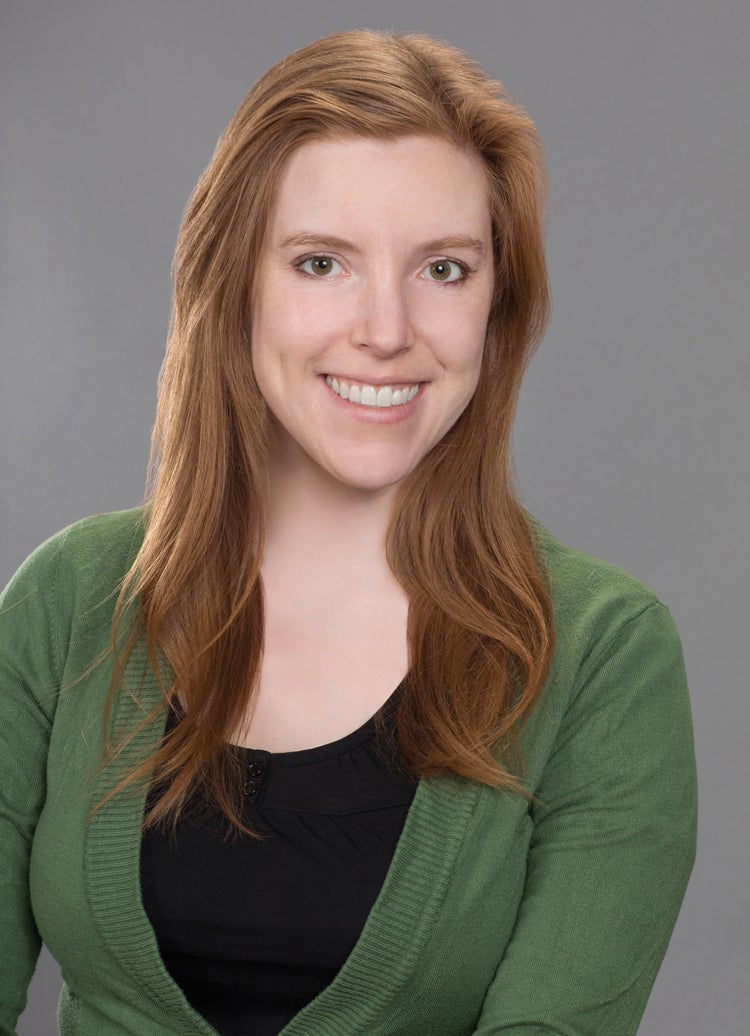
Anna Crowe LL.M. ’12, the Associate Director of the law school’s International Human Rights Clinic, agrees. “There are so many LL.M.s. who are interested in international work and could do really well in postgraduate fellowships. Undoubtedly, we need more fellowships and more funding.”
As an LL.M. student, Anna took advantage of clinical opportunities to the maximum extent possible, working in the International Human Rights Clinic for two semesters and undertaking an independent clinical placement during Winter term. “Through my clinical work at HLS, I gained confidence that this was work that I could do, and that this was a field I could do well in.” She applied for the Henigson Fellowship and credits her success in part to the extensive help and support she received from Judy Murciano in OPIA and Bonnie Docherty in the Clinic.
Anna spent her fellowship year working with the International Crisis Group in Colombia on a substantial report addressing the possibilities of transitional justice for members of the FARC (Revolutionary Armed Forces of Colombia) within the context of the country’s political and legal system. Her work involved meeting with policy makers and representatives of victims’ organizations. “It really gave me that entry into the human rights space that I would never have had without the funding that the fellowship provided,” she reflects.
The following year, she was able to secure a permanent position at Privacy International, an NGO based in London. “It was a really interesting time to be working in this field, because the Snowden revelations had just happened, and suddenly there was a clamor to understand the human rights implications of communications surveillance and to talk more about that issue in human rights spaces in the UN.”
In 2014, Anna came back to HLS to join the Clinic. “I routinely encounter LL.M.s who could benefit from postgraduate fellowships,” she says. “In some fields, there are really no entry-level positions, so a fellowship provides a critical stepping stone into that space.”
Events on Campus
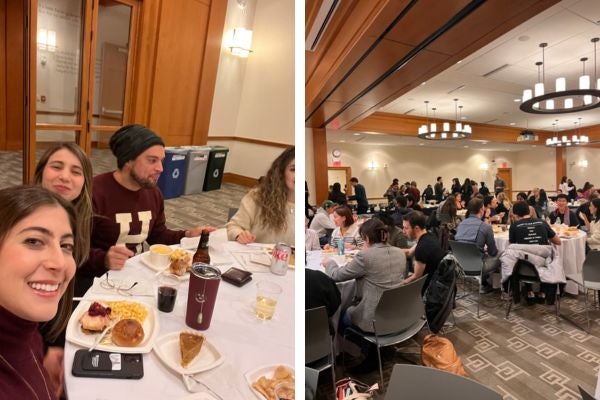
Turkey and all the trimmings at our first LL.M./JD Match Program Pre-Thanksgiving Dinner.
Photo Credit: Nicole Raca Bromberg
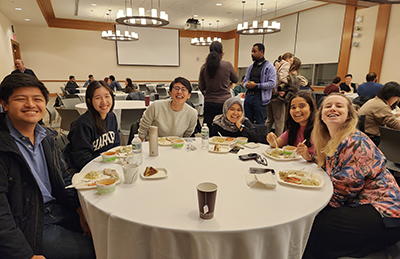
A festive end-of-term gathering.
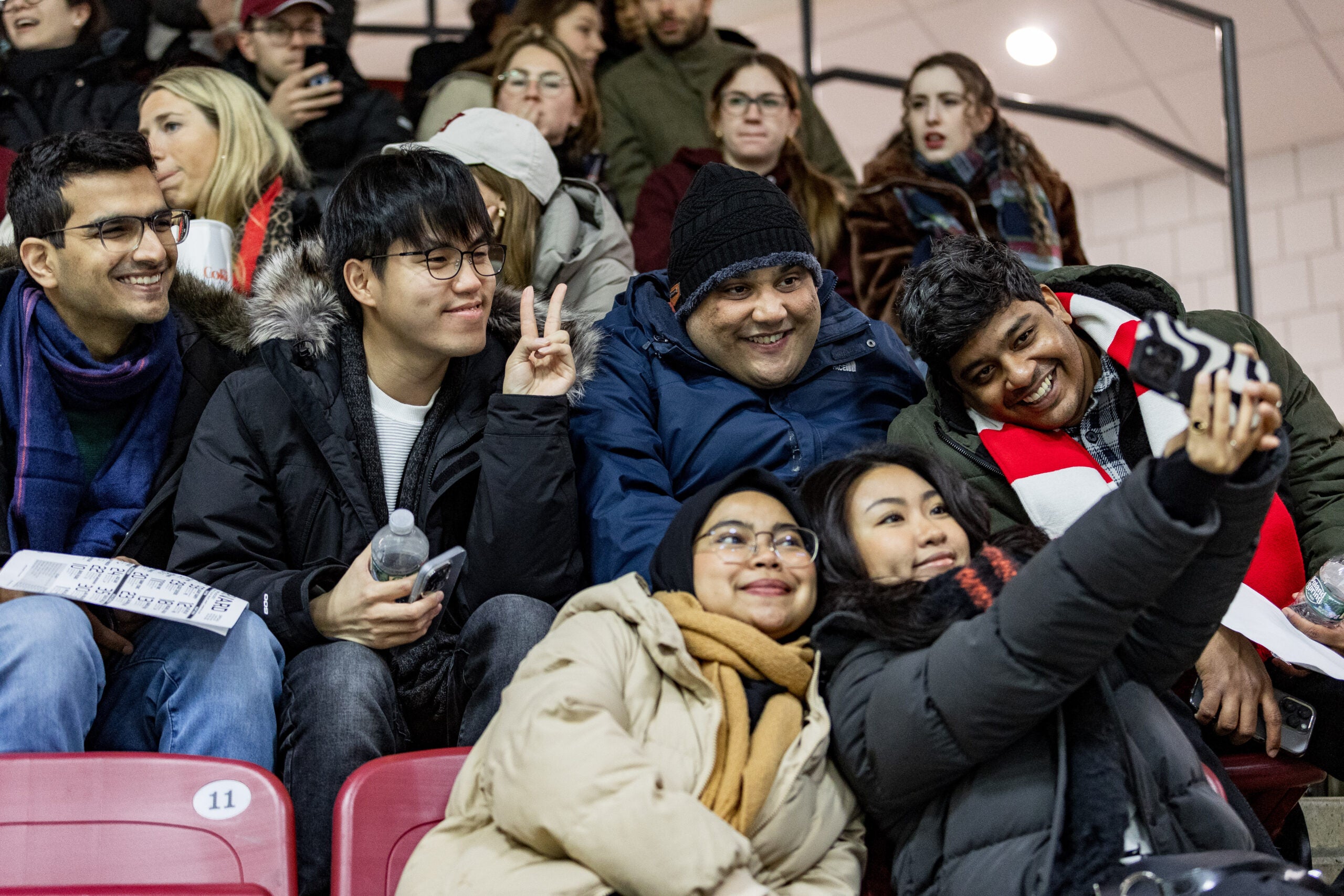
LL.M.s cheering on the Crimson at HLS Hockey Night.
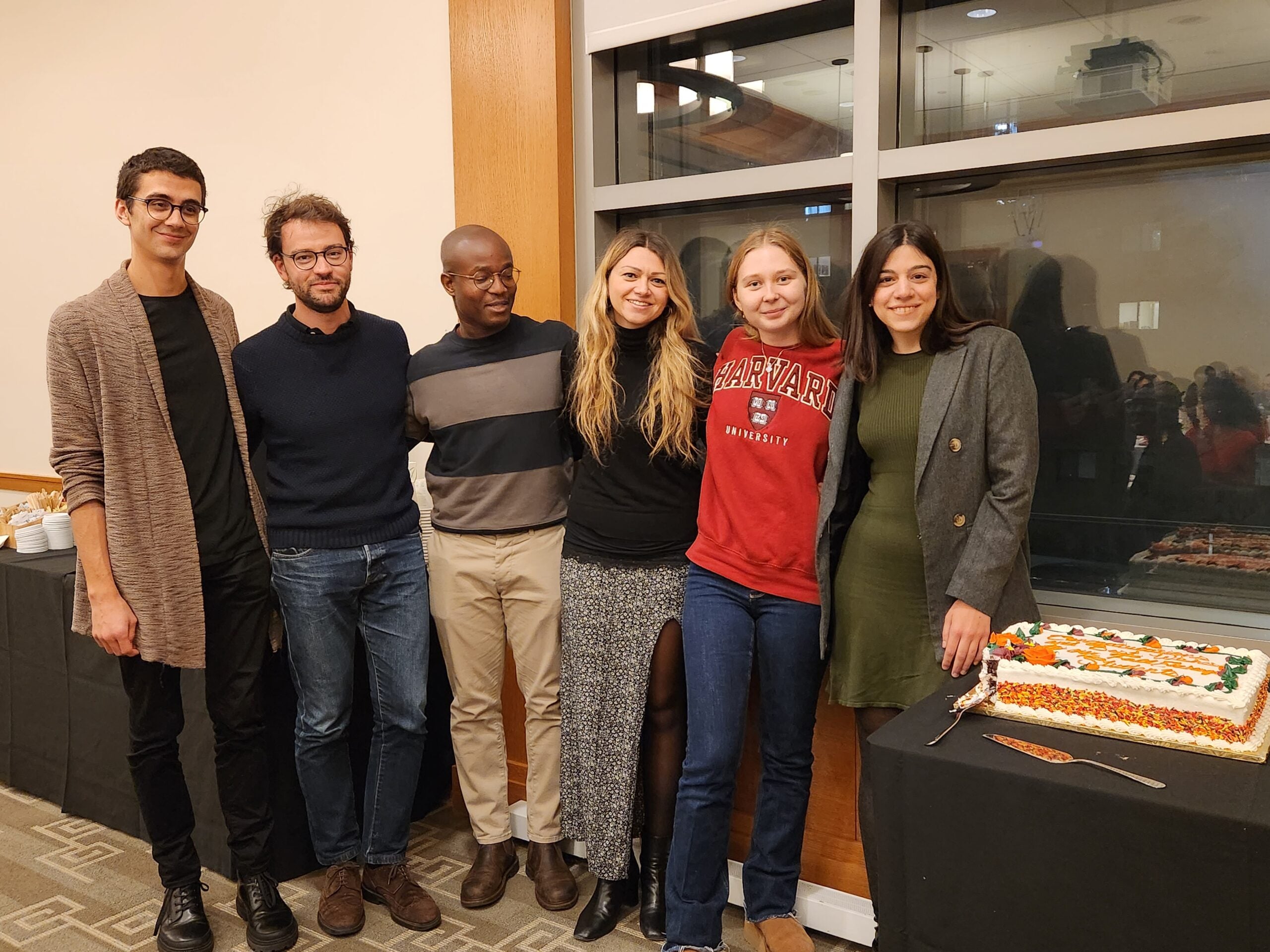
A fond farewell to our fall exchange students.